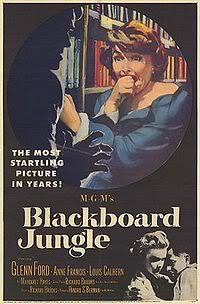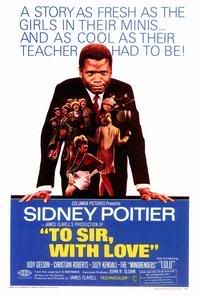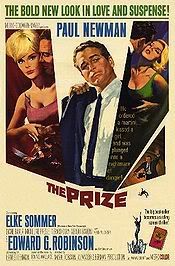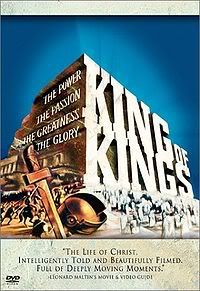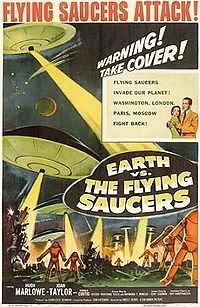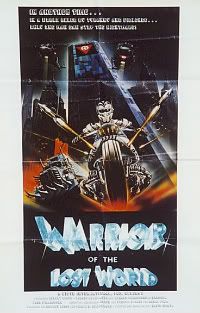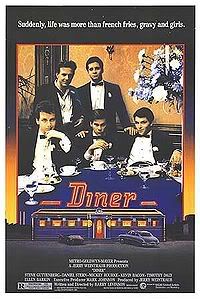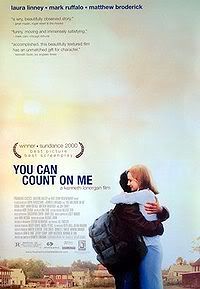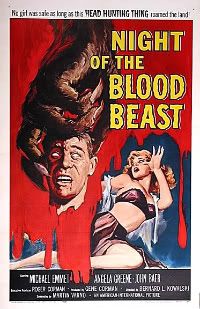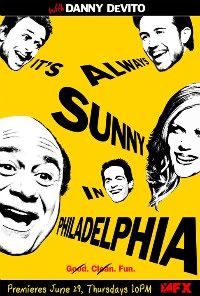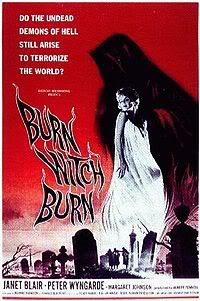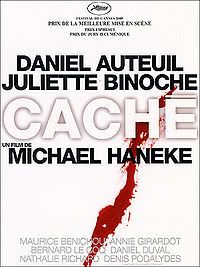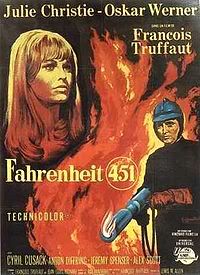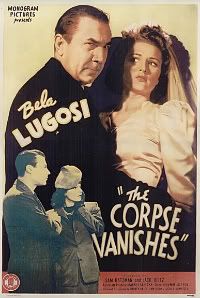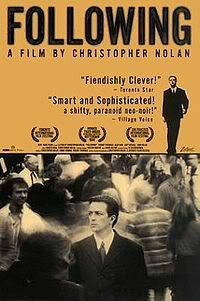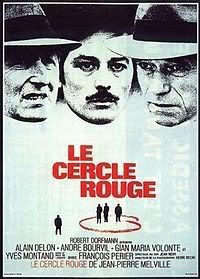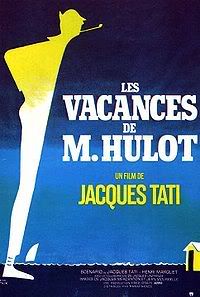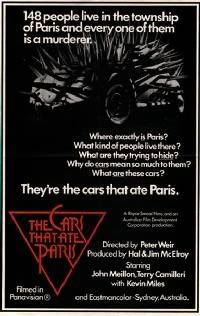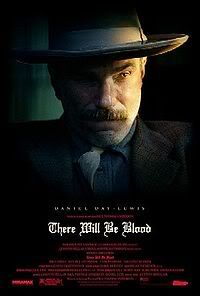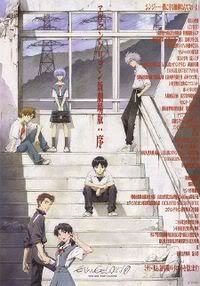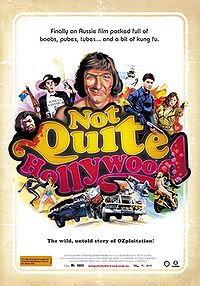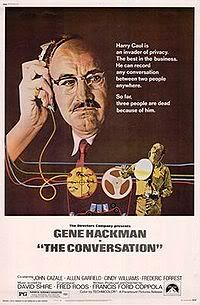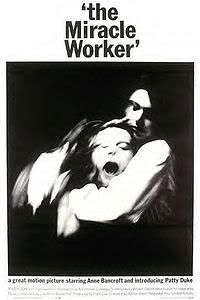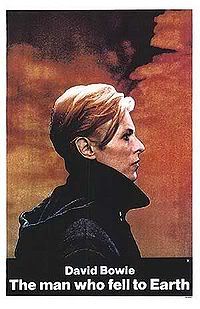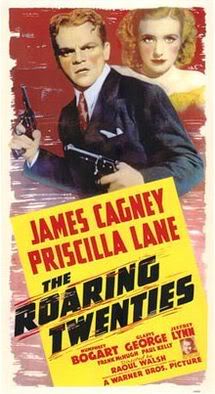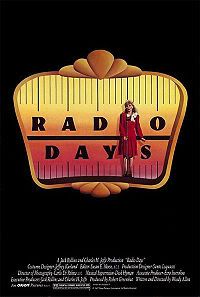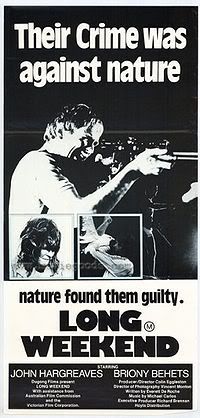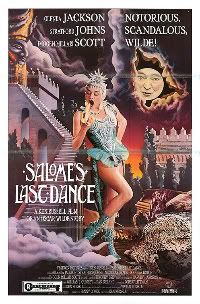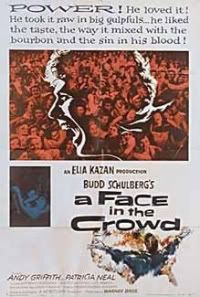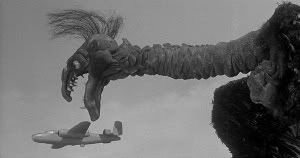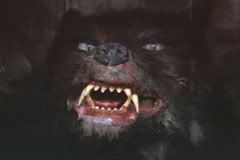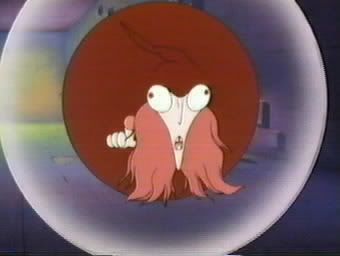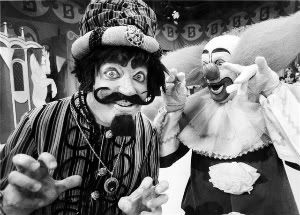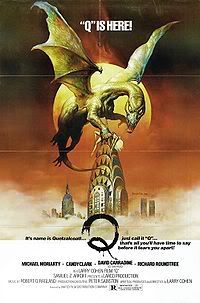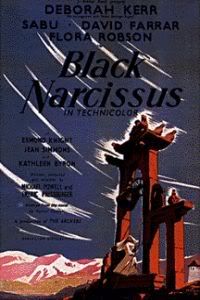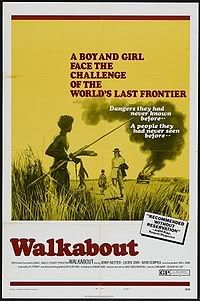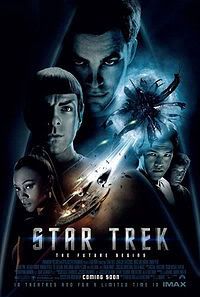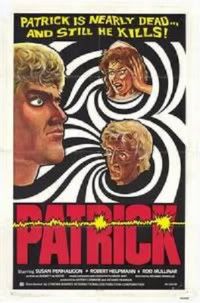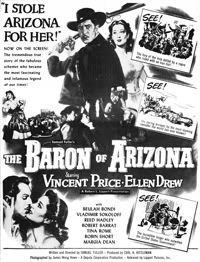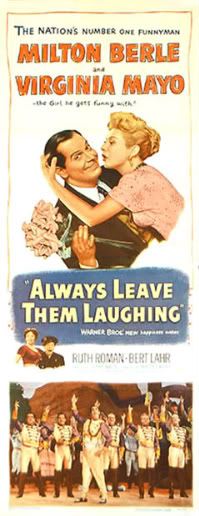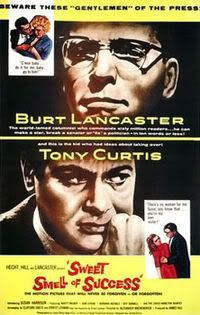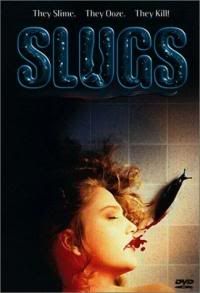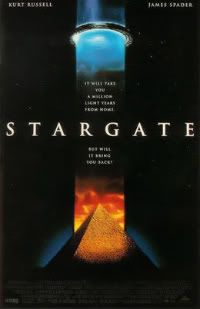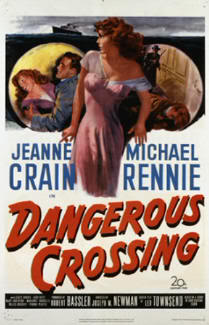
1. Picnic at Hanging Rock - A brilliant exercise in atmosphere and obsession. My late best friend hailed it as one of his favorite films and as such, one of my great regrets is not having watched this with him.
2. Into the Wild - A more romantic depiction of a life on the road there has never been. It was the perfect film to watch on my road trip to the Grand Canyon and I struggled to fight back man tears.
3. Le Cercle Rouge - Jean-Pierre Melville at his finest, demonstrating that the French really are badasses.
4. Day of the Locust - Hysterical and terrifying all at once, this is a film I keep revisiting like a hard drug.
5. Inglorious Basterds - Tarantino's finest slice of cinematic masturbation to date - history told from a thirteen year-old's mentality.
6. Dementia - A nightmarish, dialog-free film noir that still leaves me amazed that it was ever made, much less in the 1950's.
7. Russian Ark - The yang to Dementia's yin, this dreamy tour through three-hundred years of Russian history concentrates more on mesmerizing the viewer than educating him.
8. The Lost Skeleton Returns Again - Hands down, the funniest film I saw last year. There were times I feared I was going to vomit from long segues of guffawing.
9. Black Narcissus - I became a fan of the Powell/Pressberger team through a number of their opuses, but this Technicolor marvel is their masterpiece.
10. Fitzcarraldo - A character study of a hopeless dreamer and a madman that also serves as an allegory for the Herzog's uncanny filmmaking.
11. Peur(s) du Noir - At it's worst, this film is a bit uneven, but it's anthology of sumptuous ghost stories told through varying forms of excellent animation is still a welcome change from the conventional animated fare.
12. Seance on a Wet Afternoon - A meditative caper surrounding a delusional psychic and her henpecked hubby is, at times, more Hitchcockian than Hitchcock.
13. Interstella 5555 - Basing a story around a preexisting pop CD is a unique concept for an animated film and thankfully the result is a kinetic, pumping ride.
14. Long Weekend - A film that continues to chill me upon repeat viewings and a paranoia-infused story that redefines the animal-attack genre for horror.
15. District 9 - The best surprise of 2009's summer, this allegory of apartheid and the foolhardy measures to alleviate it was as through-provoking as it was entertaining.
16. Europa - From the moment Max von Sydow's voice carries you into another world, this hypnotic, post-war world, you're hooked, and in the end, you're left thinking what a shame it is that this film represents the zenith of everything Lars von Trier has worked so hard to eschew in his filmmaking.
17. A Face in the Crowd - There's no looking at Andy Griffith the same after he uses his "aw shucks" grin and guitar strumming to woo America into feeding his crazed, megalomaniacal ways.
18. Hot Fuzz - How do you make one of the best parodies of the action genre possible? Easy - you create a caricature of the genre, filled with more fights and explosions than can be counted and the laughs come naturally.
19. Zombieland - Two overtired genres: the zombie flick and the "awkward teen wants the girl" romedy are infused with new life in this delightful amalgamation.
20. The Big Clock - Ticking with more tension than the name may suggest, Charles Laughton steals the scene as a punctuality-obsessed murderer who was undoubtedly the inspiration for Bob Kane's Clock King.
21. King of Kong - Competition in the video game world never looked fiercer than it does in this documentary set on the 8-bit plane.
22. Vampire Circus - This epitome of "guilty pleasure" still has never received a DVD release, which is a shame since it's one of the most entertaining entries in the Hammer Studios legacy.
23. Withnail & I - Richard Griffiths steals the show as a licentious thespian who lusts after the drug-addled duo of protagonists in this comedy that could be easily likened to "Fear and Loathing in Las Vegas."
24. Ace in the Hole - Billy Wilder and Kirk Douglas are both at the top of their game in this social commentary on corruption in the media - a theme that continues to resonate today.
25. Onibaba - A stylish, cautionary tale about succumbing to temptation that unfolds like a folk tale told around the fire.
26. Elephant - Gus Van Sant's depiction of a school shooting makes the pit of your stomach drop because it provides no easy, Hollywood-inspired heroes or cliches, making it seem all too real.
27. Waltz with Bashir - The fact that this did not win the Best Animated Oscar is proof as to how Pixar-centric the Academy is, especially since the animation is used to mask the traumatic memories of war rather than to make an animal talk for the sake of easy entertainment. Then again, it probably would have won had it not been released the same year as...
28. WALL-E - I still find "Waltz with Bashir" the more powerful of the two films, but damned if that little robot doesn't tug at the heart-strings by exhibiting more humanity than most actors.
29. Burn, Witch, Burn - Superstition and witchcraft are at the heart of this tale that analyzes how a rational man would deal with the supernatural if confronted with it.
30. Dead Ringers - I long felt that Jeremy Irons was the shit. Watching him turn in two tortured performances in the roles of twin gynecologists is just the icing on the cake.
31. Star Trek - This film easily ranks up there with "Casino Royale" or "Batman Begins" in terms of franchise reboots that failed to disappoint (all of it's implausibilities aside).
32. Yellow Submarine - Who needs drugs when the movie takes care of the acid trips for you?
33. Elevator to the Gallows - A darkly humorous slice of French New Wave surrounding a "perfect plan" that goes horrendously awry thanks to a weekend stay in an elevator.
34. Paths of Glory - This dethrones "Joyeux Noel" as my favorite World War I film, both for its dark tone and for the simple fact that George MacReady is so damned surreptitious and evil.
35. Murder on the Orient Express - A cavalcade of prominent actors, headed by Albert Finney, makes this the most enjoyable Poirot adaptation I've seen to date.
36. Downfall - Before it became an Internet meme, this film was a heart-wrenching look at Hitler's last days in his bunker.
37. The Shout - Another Aussie flick that leaves the viewer wondering where Aboriginal spirituality ends and insanity begins thanks to its unreliable narrator.
38. Atonement - Simply put: tracking shots don't make a movie, but I'll be damned if they don't make them memorable.
39. L.A. Confidential - This sizzling neo-noir made a handful of careers (Crowe, Pearce, Basinger, etc) with its outstanding story...to bad the nation was too swept up in Titanic Fever in 1997.
40. To Live - Before Yimou Zhang became famous for his visual style in films like "Hero" or "House of Flying Daggers," he made a heartwarming yarn about the strength of family in times of turmoil and national upheaval.
41. Kiss of Death - I never understood why either Victor Mature or Richard Widmark had the "star status" they did until I saw them show their dark sides (particularly by the latter) in this depraved story of betrayal in the criminal underworld.
42. Pat Garrett and Billy the Kid - My pal Dave Levy said it best: "The greatest character actor film of all time."
43. Crimes and Misdemeanors - Woody Allen's most introspective drama yields the performance of a career by Martin Landau as an opthamologist who contemplates murder as an easy out to an adulterous affair.
44. Madamoiselle - Jeanne Moreau plays her role like a clenched fist in this cinematic psychoanalysis of the madness that can arise as a result of repressed sexuality.
45. The Wrestler - I can understand Mickey Rourke not winning Best Actor for his performance in this film, for it is an accommodating allegory for many elements of his life. That still doesn't diminish it's powerhouse impact on your heart.
46. Advise and Consent - Typically the terms 'political' and 'thriller' are to words that I find contradictory. Not so in Preminger's scathing critique of the United States' political machine.
47. The Lives of Others - A superb story that exhibits the curse of conscience in wartime (even during a Cold War).
48. Election - Despite my being a teacher and finding the humor all too real, Alexander Payne's directorial debut is still a fabulous mockery of the politics and education.
49. My Dinner With Andre - Logically speaking, a two-hour film that's nothing more than a filmed conversation sounds boring as hell, but damned if I didn't find myself as engrossed in the anecdotes as Wallace Shawn does.
50. Timecrimes - I was actually torn between this film and "Primer" for rounding out the list. Ironic since both are tales of time travel that dismiss flicks like "Back to the Future" as nonsense and positively boggle the mind.
